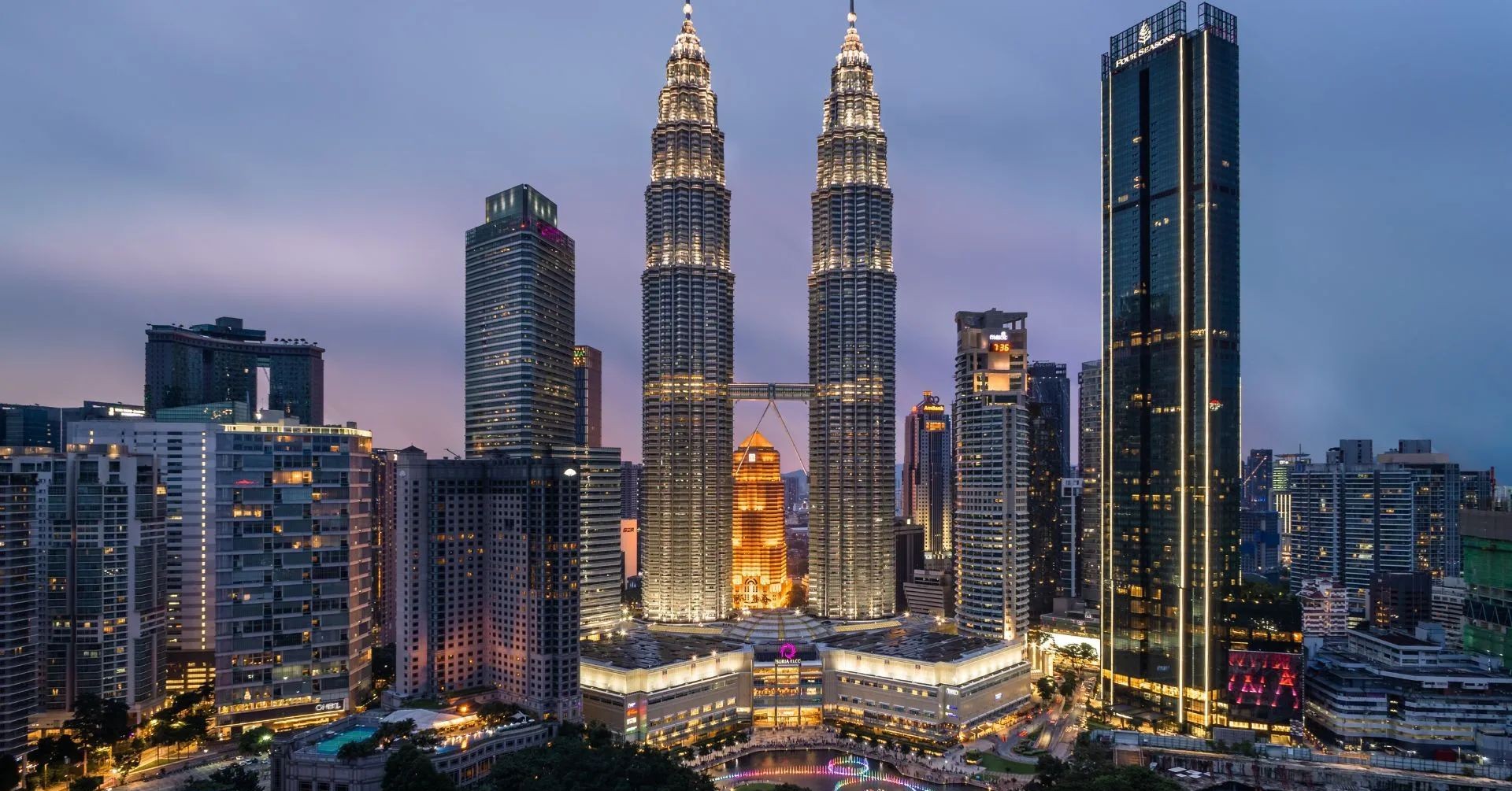The Global Property Guide study looked at the cost to rent a one-bedroom apartment in major cities in Asia, and also considered the buying price on a per-square-meter basis.
Renting a place in a major city often involves a weighty financial commitment, with price tags that can strain budgets. Financial prudence suggests that allocating no more than around 30% of pre-tax income towards rent is prudent, according to experts in the field. However, this advice is generally more geared towards Western economies, and many times, different rules apply in Asia.
Drawing from data sourced in April from diverse government portals and prominent real estate platforms across Asian nations, analysts at the Global Property Guide collated and analysed statistics detailing median rental costs in various major cities throughout Asia.

You may not be surprised at the most expensive apartment rental price in Asia, nor at the costliest apartment to buy. What may surprise you, though, is that they’re not the same city.
The figures presented below (in U.S. dollars) encapsulate the median purchasing price per square meter (or roughly 10.76 sq ft) alongside the median monthly rental fee for a one-bedroom apartment within the most affluent district of each city. It’s accurate to say that there are bound to be considerably more affordable options in each of the 10 cities noted, especially as you move out to more suburban or far-flung parts of the city.
What’s interesting is that there is no consistent correlation between rental prices and purchase prices. For example, it’s notably cheaper to rent a place in Mumbai than in Jakarta, but purchase prices are more than double in Mumbai. Similarly, median rental prices in Taipei are downright affordable, while purchase prices there are second only to Hong Kong.

A reminder for those of you who may have forgotten your statistics studies that ‘median’ is not an average, but rather refers to a figure that represents the middle value of a dataset when arranged in ascending order. For the figures noted below, which are all medians, it means that half of the rentals are cheaper and half are more expensive, and for purchases, half cost less and half cost more.
Mumbai, India
Median rent for a 1-bedroom: $481
Buying price per square meter: $3,882
Hanoi, Vietnam
Median rent for a 1-bedroom: $688
Buying price per square meter: $2,280
Jakarta, Indonesia
Median rent for a 1-bedroom: $698
Buying price per square meter: $1,726
Kuala Lumpur, Malaysia
Median rent for a 1-bedroom: $735
Buying price per square meter: $3,903
Manila, Philippines
Median rent for a 1-bedroom: $805
Buying price per square meter: $3,813
Taipei, Taiwan
Median rent for a 1-bedroom: $816
Buying price per square meter: $17,551
Bangkok, Thailand
Median rent for a 1-bedroom: $1,080
Buying price per square meter: $6,485
Tokyo, Japan
Median rent for a 1-bedroom: $1,216
Buying price per square meter: $8,837
Hong Kong
Median rent for a 1-bedroom: $2,173
Buying price per square meter: $25,802
Singapore
Median rent for a 1-bedroom: $4,590
Buying price per square meter: $16,619
In 2023, Asia’s housing market faced a downturn amid weakening economic growth and the inflationary environment, according to a report by Global Property Guide.
“Hong Kong’s housing market woes continue, amidst [a] struggling economy,” as residential construction activity in the region fell by more than 34% year-over-year and inflation-adjusted residential property prices plunged by more than 9% in 2023, according to the report.
Prices for housing in regions of Southeast Asia such as Ho Chi Minh City, Vietnam (-1.18%) and Kuala Lumpur, Malaysia (-1.06%) have also fallen.
On the other hand, cities like Taipei and Singapore remain resilient despite the overall market environment — with housing prices up 5.17% and 2.74% in 2023, respectively.
Overall, the global housing market seems to be stabilizing as inflationary pressures ease in many countries and central banks pause their rate hikes, according to the report.
Reports from the Global Property Guide and CNBC contributed to this article.
"ExpatGo welcomes and encourages comments, input, and divergent opinions. However, we kindly request that you use suitable language in your comments, and refrain from any sort of personal attack, hate speech, or disparaging rhetoric. Comments not in line with this are subject to removal from the site. "





















